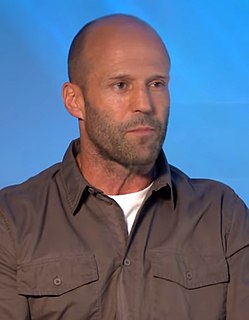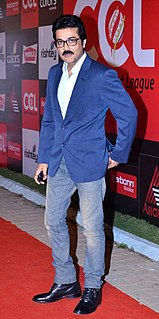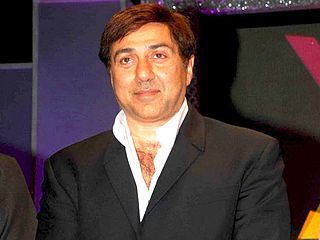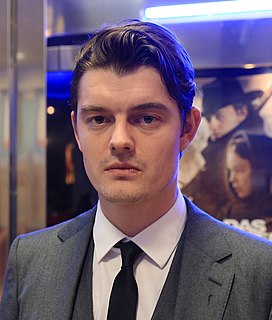A Quote by Kiran Rao
I don't even watch many huge films. I don't go to the cinema every weekend. I watch selective cinema and want to make my kind of films.
Related Quotes
My production company wasn't doing well, so we were not producing films. Over a period of time, we have realized that we are going to produce our own films and make cinema that we like. We've got so much in-house talent, and my kids are going to be coming, so we all decided that we are going to be in films and cinema.
When I studied with Nicholas Ray he was always telling us, "If you want to make films, watch a lot of films, but don't just watch films, go take a walk, look at the sky, read a book about meteorology, look at the design of people's shoes. Because all of them are part of filmmaking." So I thought, perfect! That's a good job for me.
The main objective of our cinema is to entertain. If you can pass on a message at the same time, that is fantastic, but if the audience does not feel they are going to be entertained by the film, they are not going to watch it. There are many examples of very responsible and great films that are being made, but nobody goes to watch them.



































